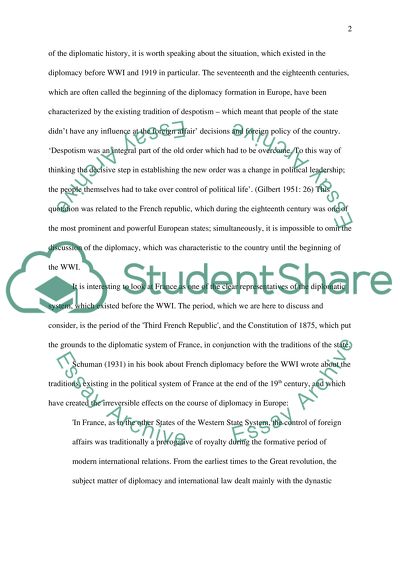Cite this document
(“How Did the New Diplomacy of 1919 Differ From the Old Essay”, n.d.)
How Did the New Diplomacy of 1919 Differ From the Old Essay. Retrieved from https://studentshare.org/sociology/1528281-how-did-the-new-diplomacy-of-1919-differ-from-the-old
How Did the New Diplomacy of 1919 Differ From the Old Essay. Retrieved from https://studentshare.org/sociology/1528281-how-did-the-new-diplomacy-of-1919-differ-from-the-old
(How Did the New Diplomacy of 1919 Differ From the Old Essay)
How Did the New Diplomacy of 1919 Differ From the Old Essay. https://studentshare.org/sociology/1528281-how-did-the-new-diplomacy-of-1919-differ-from-the-old.
How Did the New Diplomacy of 1919 Differ From the Old Essay. https://studentshare.org/sociology/1528281-how-did-the-new-diplomacy-of-1919-differ-from-the-old.
“How Did the New Diplomacy of 1919 Differ From the Old Essay”, n.d. https://studentshare.org/sociology/1528281-how-did-the-new-diplomacy-of-1919-differ-from-the-old.


